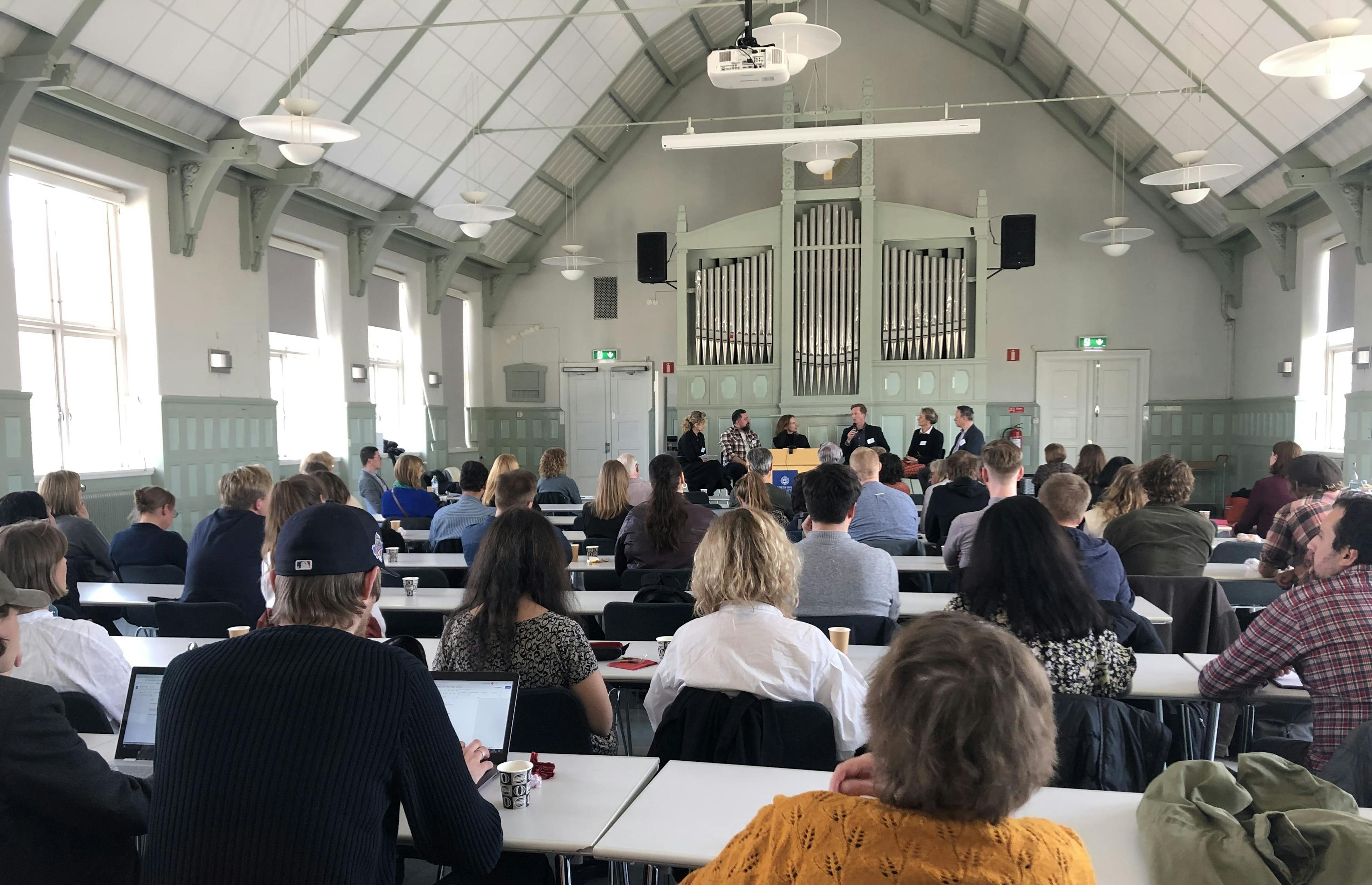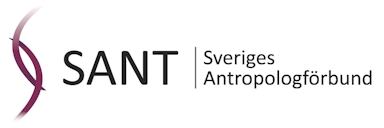
Call for panels & papers to the annual conference of SANT in Lund 10-12 April 2025

CfP below. Submissions can be made in Swedish or English. Please send the title of your panel or paper, an abstract (max 200 words), and your complete contact information to tova.hojdestrand@soc.lu.se.
Deadline: panels 20 January, individual papers 17 February.
More information can be found on the conference webpage.
Dis/Comfort
Our everyday lives are marked by a constant pursuit of comfort. We search for comfort to alleviate diverse quotidian pressures, to beat the daily race against time, and to find simplicity in a world that is as complex as it is conflict driven. As the world appears to be becoming more and more unsafe and the future increasingly uncertain, we lean towards comfort that provides ontological security, makes the world knowable, and protects us from external disruptions –or so it appears. Thus, whether emotional or material comfort, comfort provided by technology and AI, or comfort found in opinions shared by like-minded people, our aspiration to make our lives comfortable informs many of the choices we make every day. But what, exactly, provides comfort and who determines its value? Where do we look for it; with and from whom and at whose expense? Moreover, how do we navigate the uncomfortable ethical struggles that dovetail the search for comfort; what consequences does that search have for global inequalities and systemic injustices?
Today, we also see a growing recognition of the right to not be exposed to discomfort. The comfort provided by, say, diverse commodities becomes conflated with the right to wellbeing and safety. Yet there is a flip side to this, which prompts us to ask: is comfort always something we should strive for? Is it always valued in the society? On one hand, experiencing discomfort may often seem like a ‘necessary evil’ in the pursuit of comfort. On the other hand, in today’s ethos of high performance and competition, we appreciate the value of moving outside the comfort zone, as if feeling uncomfortable were elemental for achieving and progressing. The most prized accomplishment thus may imply the ability to perpetually push the boundaries of one’s comfort zone; to learn to endure discomfort.
The balancing between avoiding discomfort and embracing it lies in the heart of our anthropological work. Discomfort is a well-known, integral aspect of long-term ethnographic fieldwork. As such, it is also a subject present in classroom conversations, ethnographic writing, and fieldwork notes and diaries. But what we discuss less regarding our work is comfort. So, what does comfort mean for us anthropologists as we navigate challenges in the field or write about our research? Or inversely, how does our relationship to discomfort factor into how we teach anthropology to our students?
This SANT conference invites participants to engage with the theme Dis/Comfort from theoretical, empirical, and critical perspectives. We encourage further exploration of what comfort and discomfort mean, their situatedness and context-specificity, their role as an organizing principle for structural inequalities, and how they guide people’s dreams, actions, and ideological stances. Our openness towards the world allows us as anthropologists to find unexpected and uncomfortable truths. What do we do when we find truths that cause discomfort? And for whom are these truths uncomfortable? This conference encourages us to not only ask these and other related questions, but also to consider how we can embrace Dis/Comfort as valuable aspects of our research and engagement with the world.
Photo: "Lundagård, Lund, 23.08.2016" by Liberaler Humanist is licensed under CC BY-SA 3.0.
Senaste nytt

SANTs Årskonferens 2026 - SAVE THE DATE
Världsantropologidagen: From Planet to Plate
SANT förbereder nu Antropologidagarna 2026 i Stockholm med det övergripande temat Globala perspektiv på mat och smak: antropologiska insikter om människors förhållande till mat/ From Planet to Plate: An Anthropology of Food in an Interconnected World. Genom samtal, smakupplevelser och interaktiva aktiviteter vill vi belysa hur mat och infrastruktur hänger samman. Syftet är att visa hur antropologiska perspektiv kan bidra till förståelsen av mat som både kulturell praktik och materiell förutsättning i en föränderlig värld. Evenemanget äger rum i Stockholm den 19 februari 2026.

SANTs årsmöte i Lund 11 april 2025

Fira världsantropologidagen den 20 feb 2025 med bio!

Call for panels & papers to the annual conference of SANT in Lund 10-12 April 2025

Pub och filmvisning i Göteborg!

SANT KONFERENS 2024 24-26 april, Uppsala
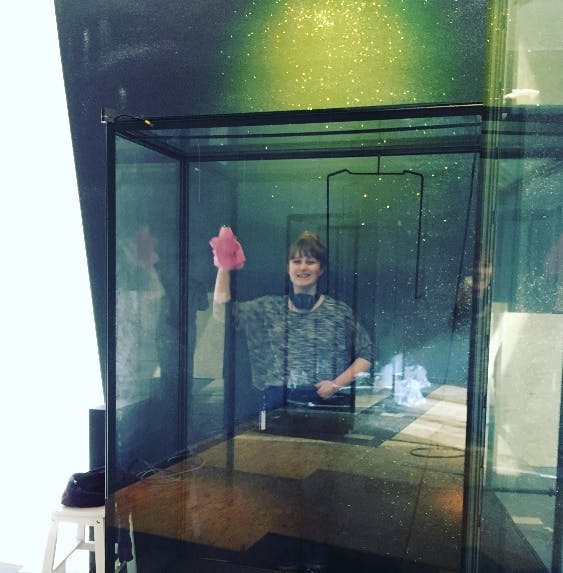
Antropub i Göteborg: kulturarv och offentlig sektor
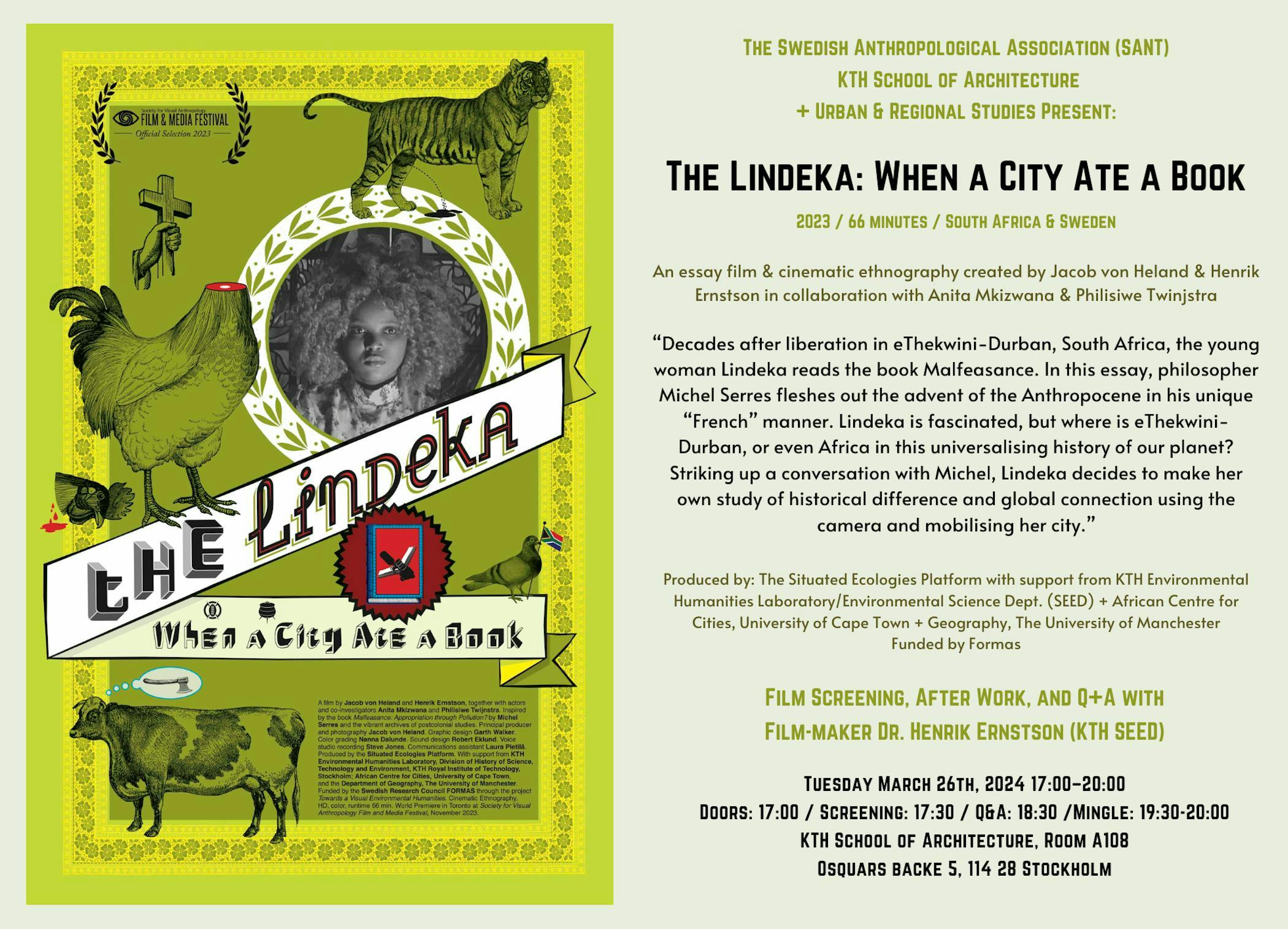
AW med filmvisning i Stockholm
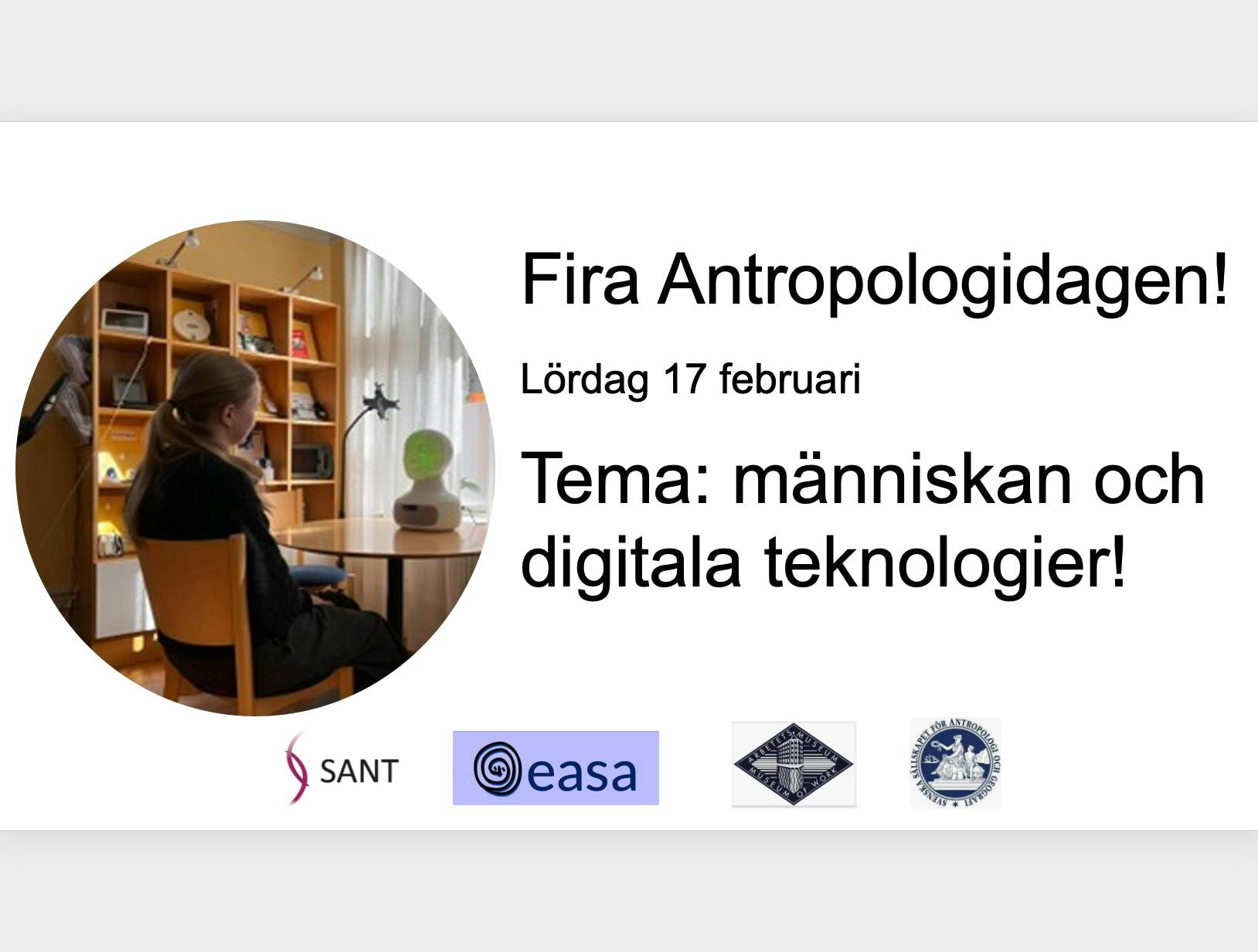
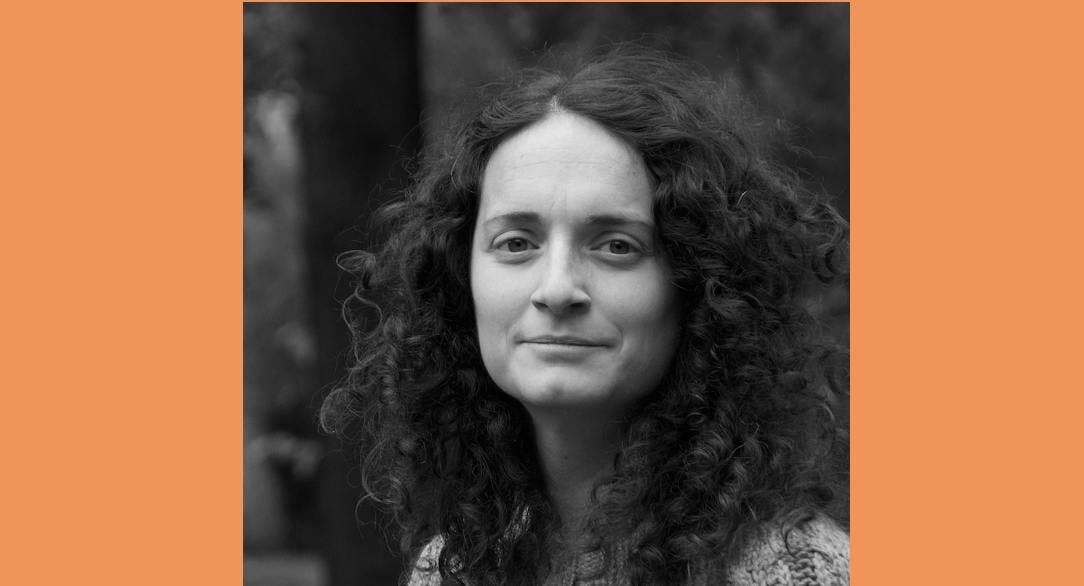
Decemberpub i Göteborg

Afterwork i Stockholm 30 november!
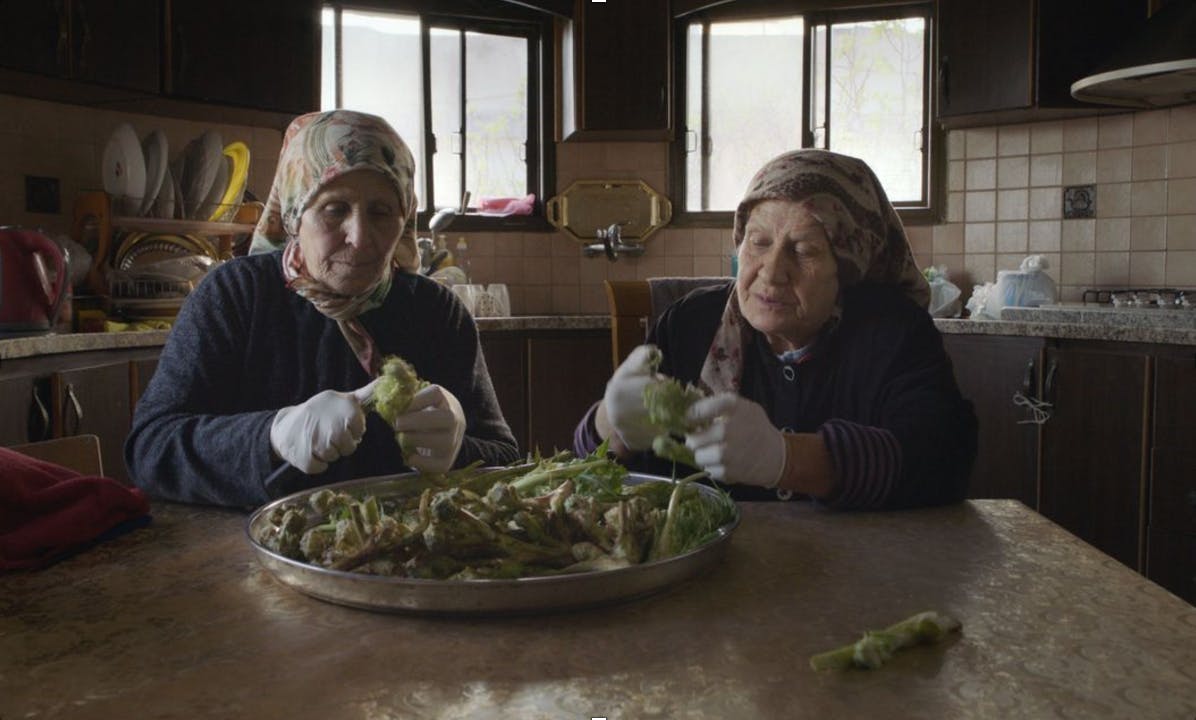
Filmkväll i Stockholm
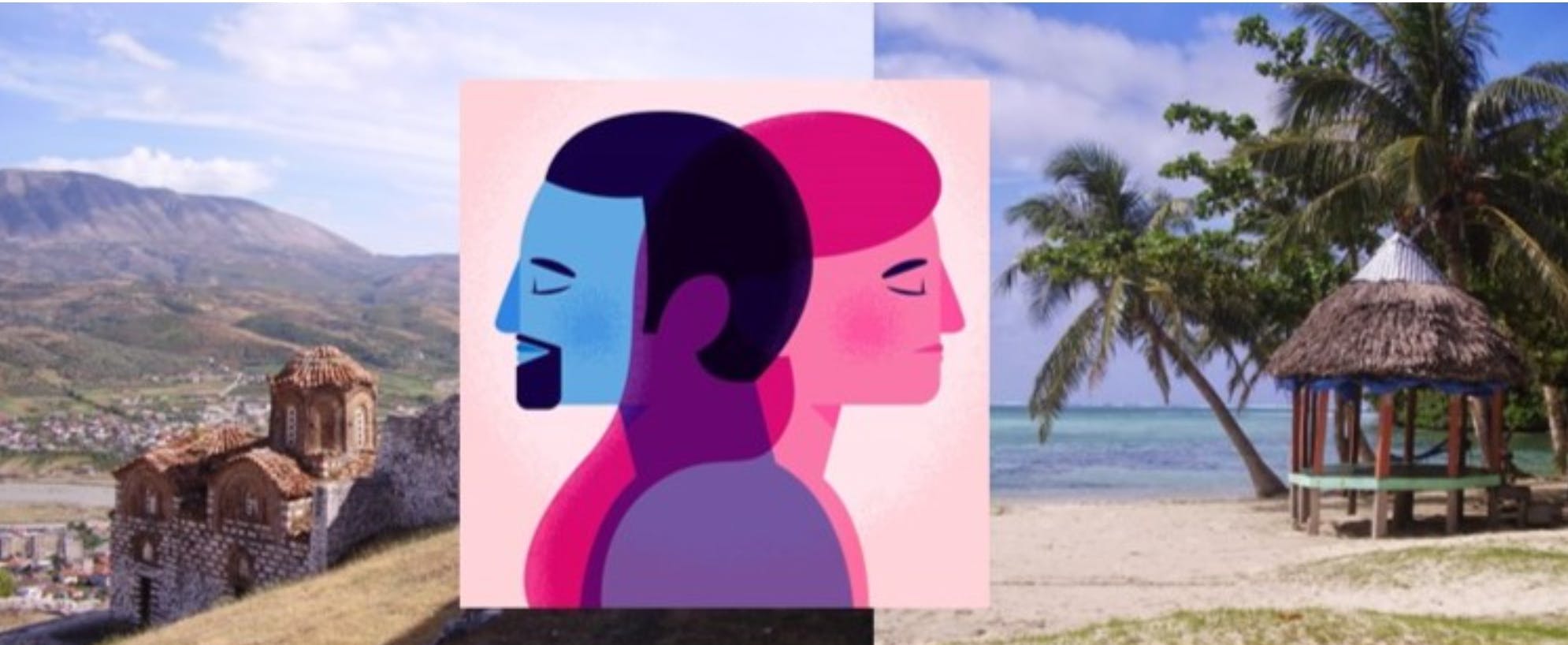
Filmkväll och pub i Göteborg

SANT KONFERENS april 2023, Stockholm

Antropologisk pubkväll med Viktoria Walldin
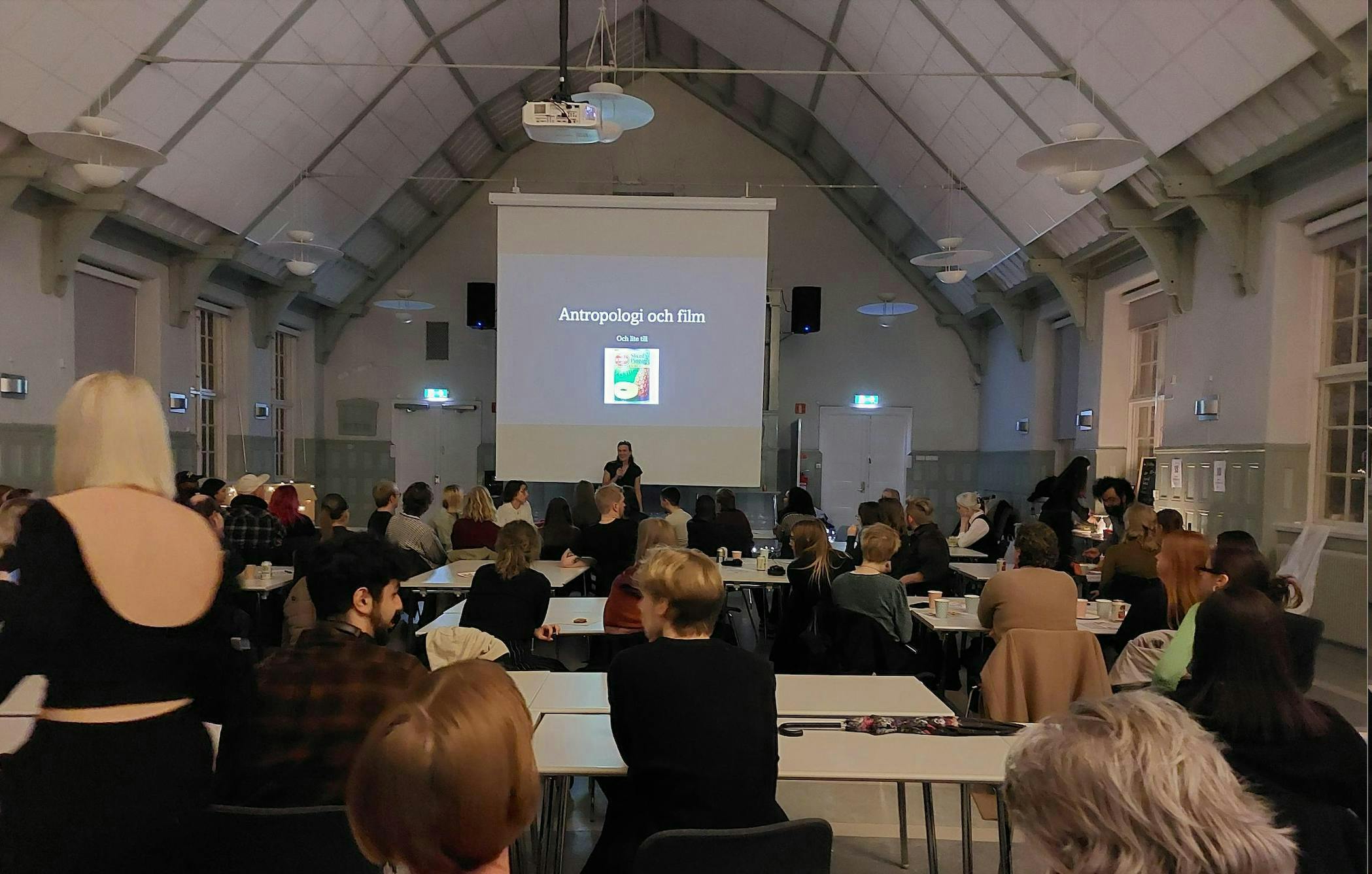
Antropologisk filmkväll i Göteborg

SANT KONFERENS 2022
Världsantropologidagen 2022
